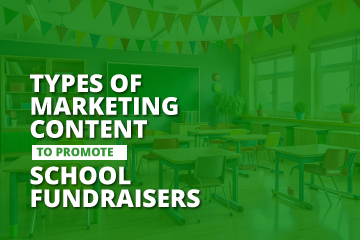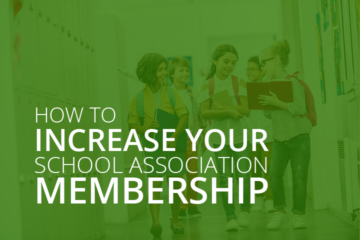Adult Education: What Are The Benefits?
Adult education has always been an important part of the education system in the United States. States first took the lead in adult education, and the first federal legislation supporting these programs was passed in 1964. Since, the government has worked with states to continue expanding opportunities for adults who wish to further their learning.
Continuing education later in life helps adults tap new potential, work toward self improvement or a better career, especially as technology and the job market continues to rapidly change.
Why Adult Education?
Adult education is an important tool that ensures individuals can keep up with today’s quickly changing technological world. Whether continuing education means improving English, completing a GED or learning a new skill, it helps adults gain the skills they need to be successful. Adult education can also be a means for those who have fallen through the cracks or made a wrong turn along the way to get a second chance at improving their lives. About 12% of the U.S. adult population does not have a high school credential, according to the U.S. Census.
Adult students can be immigrants or American-born individuals choosing to update a current skill or learn a new one. People continue their education during many stages of their lives: while employed, unemployed, on public assistance, in correctional facilities or other institutions, according to the U.S. Department of Education.
Classes can be a chance to explore new hobbies, and form relationships with others who share their interests. It can be an important tool in building community and creating a support system for those working to improve their lives, and helps adults build confidence in themselves. Research also shows that continuing education into adulthood has positive cognitive benefits later in life, and may help slow the decline of mental abilities later in life.
What kind of learning?
Adult education is flexible and comes in many forms. Over the years, this educational system has adapted to the changing needs of the population. It can be work-related, personal development, or related to a degree, diploma or certification. Since 1984, participation in adult education has jumped from 14% to 40% in 1995, according to U.S. Government surveys. This increase may be due to the rapidly changing job market and technology.
The most basic type of adult education is adult literacy. These types of courses help improve adult’s reading, writing and comprehension skills, which can improve their chances of accomplishing work-related goals or, simply, personal goals. The Adult Education and Literacy System (AELS) is a popular mode of achieving this goal.
Another common form of adult education focuses on work-related courses, with the aim of improving a worker’s skills. Employees often need to upgrade their skills to keep up with workplaces that are adapting to changing technologies. Sometimes learning new skills is necessary after a change in government regulations. Employers, employees and the levels of government may all play a role in encouraging adult education of this type.
Many colleges also offer the opportunity for older adults to sit in on courses simply to enhance their own interests. For example, UCLA’s Senior Scholars program allows people over 50 years old to audit undergraduate courses that interest them in order to continue the life-long learning process.
Conclusion
Adult education is a necessary part of the American system of education. This system provides adults an opportunity to continue their learning — whether it is improving language skills or learning how to use a new form of technology — that will help them improve their lives. Adult education is also a way for people to explore and expand their interests.
Photo: A student practices multiplying fractions. Credit: Christopher Connell / Flickr





1 Comment